Lessons From Fighting For Your Business And Entrepreneurial Life with George Foreman III
Podcast: Play in new window | Download
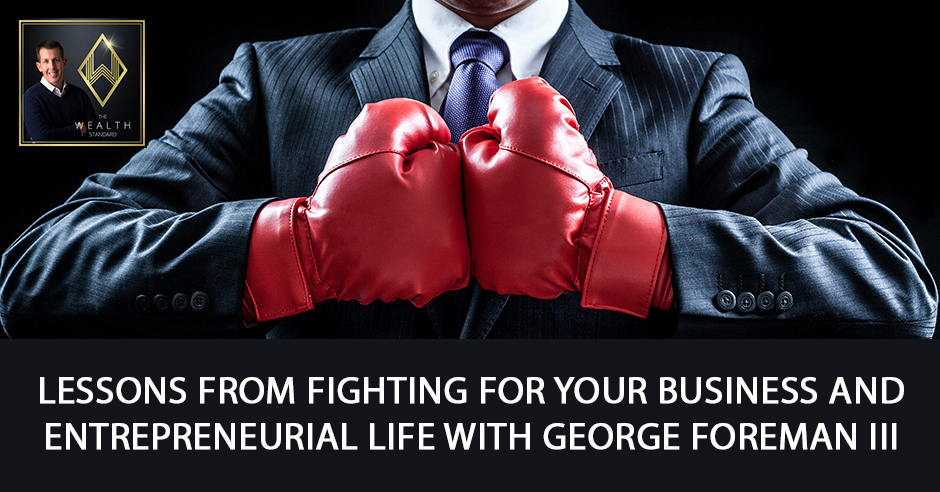
We all need transformational experiences in our lives to bring more sense to it. For George “Monk” Foreman III, he turns to boxing as his way of becoming better in handling situations both in business and our personal life. Founder of EverybodyFights and serving as a business manager and Executive VP of George Foreman Enterprises Inc., he peels off the layers of fighting and how it can be applied to the business world. Moreover, George gives some interesting notes on how fighting helps us handle conflicts in a positive way and why it is popular regardless of the negativity around it. With this, he encourages you to believe in yourself and that the fighter in you can win.
—
Listen to the podcast here:
Lessons From Fighting For Your Business And Entrepreneurial Life with George Foreman III
It’s my pleasure to welcome, George Foreman lll. His nickname is Monk mainly due to his brother is having the same name as him. It’s awesome to have him on. I’m looking forward to this interview. Monk, thanks for joining us.
I’m glad to be with you. Thanks for having me.
The initial question I had as I was preparing for this, your background and experiences are definitely unique and how it applies to the business and entrepreneurial world. Why has fighting been so popular from an entertainment standpoint for probably thousands of years, whether it’s boxing, MMA, wrestling, martial arts, ice hockey. What are your thoughts around that?
Most things that people are afraid of but at the same time would love to not be afraid of is entertaining. When you get a chance to observe others who are aligned with your morals and standards succeeding doing those things, it allows you to experience them vicariously. Sometimes we enjoy hating that person too but being able to experience the rush, the ups and downs through someone you identify with, doing something that you’re terrified to do that you wish you could do, I don’t think that ever gets old. Fighting is one of those things that when done properly and by the rules, especially with the sport, there’s something honorable about it. That’s why it’s a sport and not something that’s illegal in most states. There’s point in a good fight and there are points where everybody can relate. Your back is against the wall. You got knocked down, you get back up, you look the guy or the gal across from you and say, “You’re going to get it.” You want to run, you’re intimidated, you have a bad shake and have to fight and you turn around and you have a comeback.
There are rules, there’s TKO or Technical Knockout or sometimes you break the rules and you lose because of that. You can have the judges or the referee on your side. You’ve got to have good advisers and people to put you back together when you mess up. I think all of these things also resonate with culture, business culture, entrepreneurship culture, sports culture in general. There are a lot of layers that we can peel back but if nothing else, it’s the thrill of observing something that we’re terrified but would love to do.
I look at what I would say gives a person a rush both from a growth standpoint, but also a rush from a fear standpoint. It seems like it’s two ends of a spectrum and a fight is one of those times when there’s going to be both. There’s going to be what people fear most and what people thrive for, which is winning, growth and excelling. It’s an interesting dynamic because you definitely have the proverbial fight that we face multiple types of fights, but then the actual physical fights. Maybe as it pertains to your experience, what are some of those fights that all people face?
Number one is deciding what victory is and it changes. In competing with someone who’s not on your level mentally, physically and spiritually in terms of character, you’ve got to get an objective to win in competing with someone who’s your peer or a legend, maybe you’re the underdog. Being able to compete, win, lose or draw and not lose yourself and be someone that you’re not, that’s a W. Number two is telling yourself, “There are certain things I’m not going to do at all.” In boxing, you would say, “I’m not going to hit below the belt or bite an ear off. If I can’t win by following the rules and being authentic to who I am, then I’m okay not getting the objective win because I need the moral win.” Name your price and stick to it. The last one I’ll say is responding to conflict is everyone’s challenged. How do we respond? We go down the stairs in our $1 million, $2 million condo and the doorman is using the restroom. He doesn’t come out quick enough to tell you where your mail is. That’s not a real conflict but how do we handle that?
You could set your day off the wrong way by handling it wrong and being rude. When they come back, you can turn it into an opportunity to get to know the person a little bit more and let them know like, “I’m late.” You can move on. That’s one element. You see some of this stuff that we see on these security cameras with celebrities, elevators and the stuff they pull and they get in trouble. It can turn around pretty quick. At work, you’re a public company and it’s quarterly report time and you could hit your numbers by pushing the top line in making more revenue and more profit, or you can hit your numbers by laying off people that don’t deserve it. Laying off people at a time where the business is going to suffer, what do you do? Do you keep them on and not hit your numbers and tell the truth to the board? It’s a conflict. How do you handle conflict?
The last thing are the little things like with the relationship. I believe all great relationships are built on being better on the other side of conflict. You have to practice from day one with someone that you engage with to figure out, “How do I get good at resolving conflict with this person?” No matter how much I love them, when it rains, you’re going to get wet. There’s going to be conflict. Can we look at each other at the other side and say, “We’re stronger?” That’s not magical. You have to practice it. As our relationships go our lives and if we can’t get good at solving those type of conflicts, we’re not going to get anywhere. Those are the things like how you respond to conflict and how well you are resolving it and being better on the other side of it. That couldn’t apply more to boxing and MMA. The only way you could apply more is outside the ring.
It’s a fascinating point because there’s so much parallel between the physical sport of fighting and the business world. There are a lot of things within an untrained fighter’s fight that’s mostly instinctive. They don’t have necessarily a strategy. They use that animal instinct to survive. In business as well, I often see at least in my experience that the untrained business person and the inexperienced entrepreneur is also going to instinctively respond to conflict. It’s the training around that. Maybe as you have lived these two parallel lives, the fighting life and business life. How do you take some of your training in the physical fighting life to the business and entrepreneur life?
Most things that people are afraid of, but at the same time would love to not be afraid of, is entertaining. Click To TweetWhat I learned in the ring is that the minute the bell rings, there’s conflict. It’s a fight. You’re in there, you can’t hop out. You have to forfeit and no one wants to fight you ever again. You get in there and it happens and you get hit. You’re supposed to say, “My plan is not to respond when he wants me to respond. My plan is to make him do what I want him to do and then take advantage of those actions.” There is persuasion, misdirection and all these things involved, but I’m not trying to guess what he’s going to do and then respond based on his response. A great coach once told me, “Don’t let his body language change your body language.” That comes from having the confidence in your preparation, having the confidence in your strategy, the general overall confidence in yourself and because somebody does something to you it doesn’t mean you need to get them back right away.
Going in that same thread I learned from one of my dad’s sparring partners. He sparred with my dad when he was a professional fighter. He worked for my dad as a sparring partner in the ‘80s and ‘90s and also with me. He would laugh as he said, “Everybody I sparred if I got them with a good shot, they’d get me right back or maybe the next round or the next day.” George would get me back two weeks later. I think in business, there are some people who thrive on getting you off balance in a place where you’re uncomfortable and taken advantage of you.
That could be forcing a negotiation to be done in a week when you need two weeks or drag you out in negotiation for nine months that could have taken two months. People are trying to get you out of your comfort zone and taking advantage of the mistakes you’ll make outside of your comfort zone. Being patient enough to fight your fight, do things on your terms, not do what people think you’re going to do and create opportunities to catch them off guard, all that I get from boxing. The end result is back to my original point, patience, confidence all these things come from preparation. I think that will be the core principle I get from boxing.
I’m assuming you work with a lot of non-fighters, those that haven’t had necessarily the experience that you’ve had. Are they able to as quickly develop those attributes and values or do you see it more challenging?
They are, I think you’ll see some parallels. There are some people who have a gift. They are working hard. They have a good chin. They can take a lot of abuse. They have all these things, but you still have to train. What I have done is taught by isolating. If I need to teach you patience, then you need to be able to get in the ring and have you spar for six rounds and not throw one punch. That means you’ve got to survive when someone’s trying to attack you at all times. There are no repercussions for them making a mistake when they attack you. You develop your defense. We have to say, “You have one punch you can throw and you have to protect yourself with that one punch in your defense.” That builds the confidence that you only know that you can defend yourself when you’re forced to. You only know that you can survive a fight with one hand because sometimes you break your hand in the fight if I teach you. It’s little things that force people to develop those skills. Putting them in positions where they have no choice but to use this skill that you want them to develop and have confidence in.

Boxing As Transformational Experience: All great relationships are built on being better on the other side of conflict.
In fitness, we use the term the Necessity for Technique as opposed to teaching someone like, “You’ve got to do it this way. Your form, your back, your arch, your hamstring, your gluteus minimus.” Instead of your gastrocs and throwing terms they’ve never heard of, treating them like they’re so inadequate every time they tried to do a kettlebell swing or squat. I apply that in business and managing employees, etc. Putting them in a position where they have no choice but to use the quality that you’re trying to ingrain and do it over and over again. Then it will become a tool.
That environment, which is ripe of friction, definitely transforms people. At the same time, I’ve also seen individuals back down from a fight. The leader and the way in which they are getting a person to experience that, not just go to school and get a degree and train, but to actually experience it is paramount. You as a leader, managing and training other people, leading and inspiring other people, how do you get them to believe that the fighter in them can win?
Put them in situations that they think are impossible for them to overcome, but that they would have to struggle to overcome. The simplest example to demonstrate their point, even if I tell a guy, “You’ve got 30 seconds left and this workout is over.” Or a woman I’m training or anyone and they get to that 30 seconds and they’re coach said, “Give me all you got for ten seconds.” Right at that 30 seconds I’d say, “Give me ten more.” Right at that moment they’re like, “I don’t know where that came from and I’m about to throw up, but I did it. I was sure I couldn’t do it.” That’s a very layman example. Putting them in a situation where it’s like, “I need you to program 30 classes for me.” I know that it takes two days, but they do it in one and a half. You can go deeper with that, but the point is everybody loves a superhero. If you watch Superman, Batman, any of these comics, the equation is very simple. Put the superhero in a situation that’s impossible to get out of and somehow they get out of it. That makes us inspired. We grew up loving these.
You manufacture those situations for the people under you or the people that you’re nurturing or mentoring, even sometimes the people above you and say, “I don’t know how you’re going to get out of this, but I believe in you.” You know they’re going to figure it out. You don’t want to set them up to fail over and over. You have to be careful what you put in front of them. Giving them a little bit more than they think they can bite off and digest and be the person to egg them on to do it. On the other side of that, you find a person that becomes infinitely confident that they can do a little bit more than everyone expects, including themselves.
With your different business ventures, how have you come to develop your businesses’ culture? What are some of the values you’ve discovered along the way with both your professional sports career and then getting into the business world? How have you established the vision, culture, the careers of those that come and work for you? Explain that dynamic.
In business, there are some people who thrive on getting you off balance in a place where you're uncomfortable and taken advantage of. Click To TweetA couple of things. Number one, lead by example. Part of leading by example is when you make a mistake, say you made a mistake. Make sure everybody knows that you admitted it, you called it out and we went like that, “I made a mistake. That admission of making a mistake did not fix it. We’re sitting in this mistake and it’s my fault.” As a leader, you have to be able to say that. Even after you make a mistake, it keeps people watching everything else you do that’s not a mistake and wanted to emulate it. They know you have the humility to admit when you’re wrong. Outside of all the positive things that you do that you want them to emulate, you also need them to admit when they’re wrong because we don’t have the truth. We can’t fix it. To me, that’s the biggest breakdown of a lot of cultures. There’s so much posturing. People are not taking responsibility for mistakes that nobody even knows why the company is failing. They’re not growing as fast as it should be. There’s no truth.
Number two is, hire for character not for credential. Obviously, depending on your business that you need a base level of skills that you don’t want to stop what everybody’s doing to teach this person. Maybe use a computer, can read a Word doc, Excel, like a base level of skills depending on your business. In construction, that’s different. Be willing to teach them to do everything else that you need them to be a master at. If you do that, then you’re opening up the ability to hire people that are going to emulate the type of culture you want, communicate the way you want. Dealing with your customers the way you want, handle conflict the way you need to when you’re not around, which you can’t micromanage and grow. The technical stuff, you teach them that as opposed to hiring someone with the credential and technical, who destroys the efficiency of the rest of the team.
To recap, that’s leading by example, have the ability to teach people the technical skills you need beyond the base and allow yourself to hire for character. The last thing is, at which point you’re not unable to recruit every person by face, make sure that it’s only the people that you believe in that are recruiting those people. Never let it go a step past that. If you do recruit the person recruiting, you’re going to run into an issue.
From a leadership standpoint, who do you look to as those iconic leaders in your life that have inspired you to be a leader?
I grew up in a church reading the Bible. I’m far from a minister. This is not a religious conversation. Even throughout the entire Bible, there are different figures that are prophets and they have this ability to speak to the people who only understand point-blank objective, like A plus B. Speak to those people and give them something, but at the same time be able to speak a step higher to people who understand analogies and concepts. My point in that is tailoring your communication to meet people where they’re at. That I got a lot from some of the different figures in the Bible, how they were able to speak in parable and at the same time speak in objectivity or tactical, very simple language and have two lessons. That’s important because everybody communicates differently and you need to be able to communicate across all different communication types, visual and audio. Doing it and letting people watch you do it by written.

Boxing As Transformational Experience: Tailor your communication to meet people where they are at.
Number two, in that story, you find a lot of the leaders using conflict as an opportunity to teach people what the culture is all about. In our business, when it’s time to fire somebody because they keep going wrong, I love the opportunity to say, “Is there a restructuring that I need to do?” Maybe the person’s boss is not having a good month or good six months. Maybe that boss needs a break and that person under them would actually be happier. Maybe the person needs two weeks off. Using these moments of conflict where everybody thinks they know what you’re going to do and say, “No, there might be plan A or plan B. There might be a plan C.” Showing people how we do things. I had a gentleman who’s been stealing for three years. On the third time I said, “The business needs 30%, 70% goes in your pocket. Let’s do the math. What’s our 30%? Bring that 30% back and let’s keep it moving.” He has a family to feed. At the end of the day, he made a mistake. He stole $1,000. We can get past that and it’s horrible to steal. Even the thief said, “You want to make it right, we’re going to move forward. Life goes on.” That’s an opportunity to let them know what your culture is about. Not all culture should be that way.
When we’re talking about money, people deserve an opportunity to make it good. Not millions of dollars where people lose their houses, but a few $100, people deserve to be forgiven. Using conflict as an opportunity to preach your culture, I get that from some of the religious texts. Outside of that, everybody else, you just never know. You see what they do on TV. My dad, I take a lot of inspiration from him. George Conrades, he’s the chairman of Akamai. I learned a lot from him. He was a former IBM executive. Those are the people that come to mind.
I love to know about some of the business ventures you’re up to. Thanks for sharing that. I know you took a moment to think through that. I look at how we learned, there are certain people that inspire us, motivate us, touch us and we ultimately want to emulate them. For most people, it becomes their parents or religious leader, at least in my experience. I was intrigued by your response to hiring people that have character. I love that because I would say that the school system typically teaches kids that their grades and their degree, the different skills that they’re learning is where the value is. Not necessarily in the type of person they are developing, that character developing skills, developing their natural gifts. How do you go about hiring someone for character? What do you do different than the stereotypical interview?
First, I’ll let them walk in the door. I try to let them ask, “Is there something we can do? Can I work here?” They always had that benefit. I try to somehow find a way to identify people within my organization assuming you’ve started that it might be a good fit. You can always do that in terms of interviewing them. Number two, I like to give high-stress projects. It’s for them to start off with like, “I’m not sure if there’s a fit here, but we have a two-month contract opportunity you can do.” I throw it at them and see how they handle all the things that go wrong. Let’s say they’re supposed to do graphics and they’re going to pump out flyers and they don’t have high-resolution photos for the faces in the flyers, how do they deal with that? Do they say, “We need a photographer?” Or do they say, “I can’t do it because I don’t have the photos?” I know that’s not my person right away. I give these opportunities to see how they handle conflict if possible.
Recommendation for people to put the reputation on the line helps. Sometimes you have to ask questions and people typically will tell you who they are if you listen. Questions like, “What’s been the hardest challenge in your life?” If they say, “The hardest challenge was my mom took away my credit card my first year of college and I had to get a job.” I’m not saying they’re a bad person, they actually might be a fit, but they don’t know conflict yet. Then you know what real conflict sounds like. Asking questions like that to understand how they perceive conflict and also how they resolved it. That lets me know what they think the right way to resolve conflict. For instance, if a person has an under-performing employee and they tell me a story about it and I’m like, “What did you do?” They said, “I put him on probation and made him crawl back.” Maybe that’s great if we’re a financial firm. In my world, I’d want to hear that he went and took him to lunch and listen. Even if you still fired him, the fact that he knew the first step is to listen will make a big impact immediately in terms of hiring.
Fighting is one of those things that when done properly and by the rules, especially with the sport, there's something honorable about it. Click To TweetLet’s end with explaining what businesses you’re in, what you’re focused on and how our community and audience can learn about you?
Everybody Fights is my baby. I like a lot what’s going on in the media world and I have a high interest in getting into that space. The primary goal for me is to make boxing available to as many people as possible. It’s important for everyone to have one or two transformational experiences in their life. Things like rock climbing is somewhat transformational. Training like a boxer for six weeks is transformational. Learning to meditate and learning to use silence as a response is transformational. I want Everybody Fights to be a part of as many people’s boxing experience as possible, whether that’s your audio fitness, through trainer certification and our locations. That’s my primary goal. They can find us at EverybodyFights.com.
Monk, this has been awesome. Thank you so much for your time. We’ll make sure that we get the word out. Are you a coming out West with your gyms yet or is that still in the works?
We’re close to closing on a location in Orange County. We’ll see how that goes. We’re working on a deal to open up a number of locations in the Mountain Time Zone and looking at Northern California as well, so we’re getting there.
Congrats on all your success.
Thanks a lot and thanks for your time.
Important Links:
About George “Monk” Foreman III
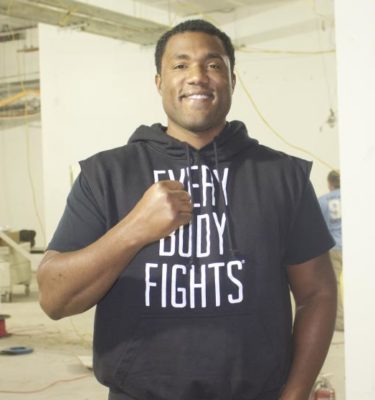 George “Monk” Foreman III is an entrepreneur, professional boxer, trainer/coach, founder of EverybodyFights, and son of a businessman and former two-time heavyweight champion George Foreman.
George “Monk” Foreman III is an entrepreneur, professional boxer, trainer/coach, founder of EverybodyFights, and son of a businessman and former two-time heavyweight champion George Foreman.
He serves as the business manager and Executive VP of his father’s business empire George Foreman Enterprises, Inc. He also starred on the E! network’s reality series Filthy Rich: Cattle Drive. He opened a boxing fitness gym in Boston called “The Club by George Foreman III”.
In an effort to further promote the core beliefs of the gym’s culture George eventually changed the name of the gym to EverybodyFights. In 2016, the company received a series-A investment from Breakaway in the form of $4 million and soon after announced the opening of another location in Boston.
Since then, Everybody Fights has opened 5 locations and plans to open over 20 new locations by 2020 for growth in other major cities across the U.S.

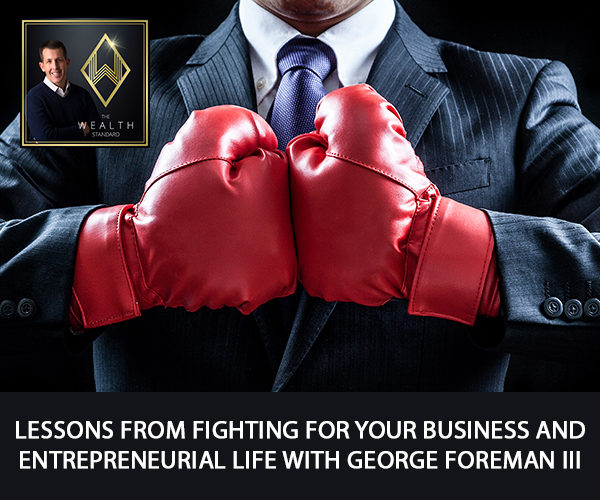
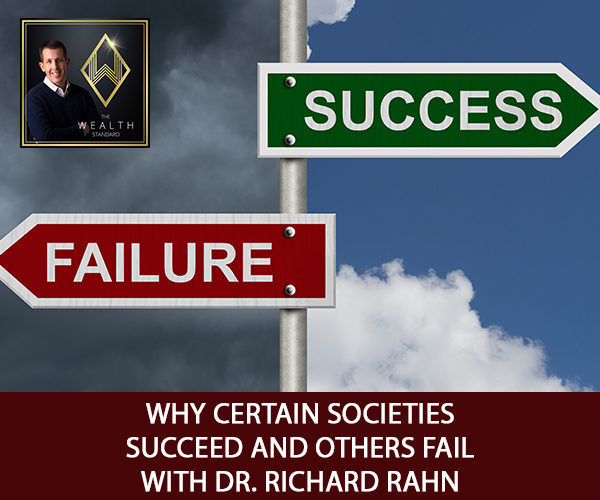
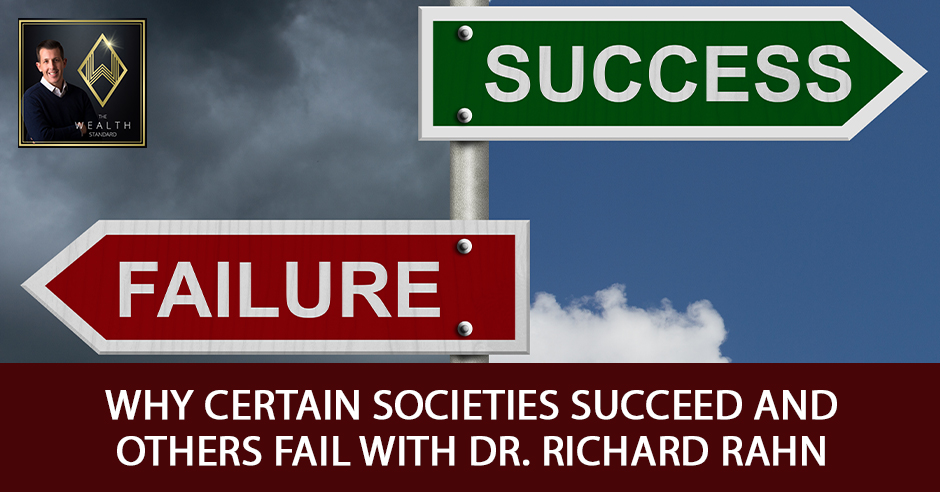
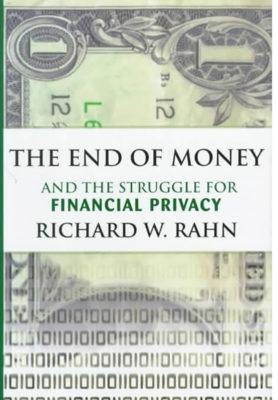



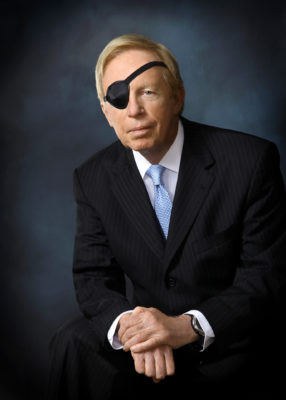 Richard W. Rahn is an economist, syndicated columnist, and entrepreneur. Currently, he is Chairman of Improbable Success Productions, the Institute for Global Economic Growth, and Metal Convertibility LLC. He writes a syndicated weekly economic column which is published in The Washington Times, Real Clear Markets and many other places, and serves on the editorial board of the Cayman Financial Review.
Richard W. Rahn is an economist, syndicated columnist, and entrepreneur. Currently, he is Chairman of Improbable Success Productions, the Institute for Global Economic Growth, and Metal Convertibility LLC. He writes a syndicated weekly economic column which is published in The Washington Times, Real Clear Markets and many other places, and serves on the editorial board of the Cayman Financial Review.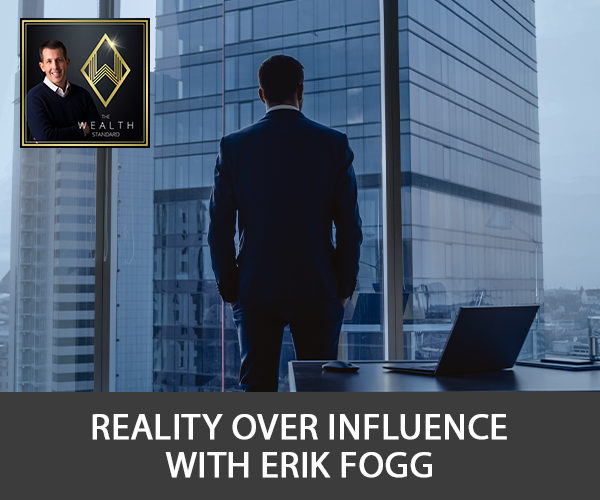
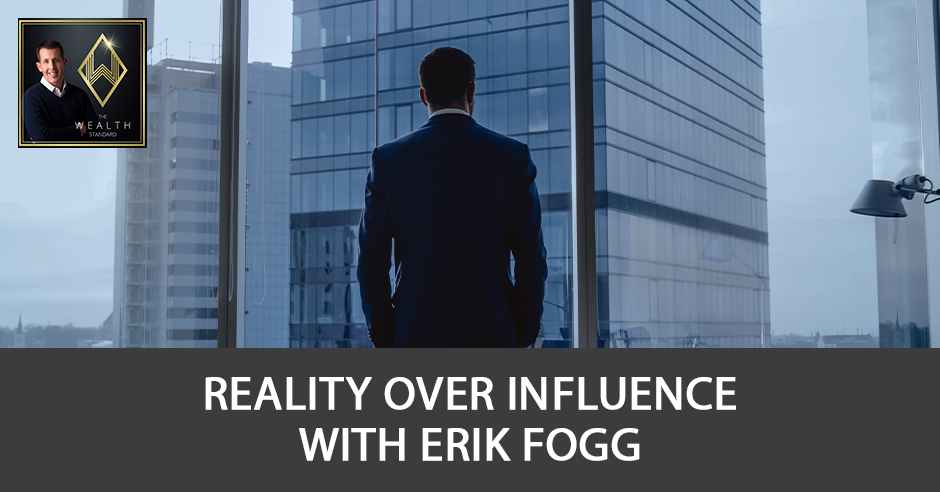




 Erik Fogg is the Founder of ProdPerfect, Chief at ReConsider, co-author of the ReConsider blog, co-host of the ReConsider podcast, and author of the bestselling book Wedged: How You Became a Tool of the Partisan Political Establishment, and How to Start Thinking for Yourself Again. Erik is an MIT Bachelors/Masters grad, studying mechanical engineering and political science. He has 4 years of experience as an operations and engineering consultant with Stroud International, followed by an operations/sales executive role at startup HelmetHub. Erik interludes as political author, business book ghost-writer, and consultant for private equity and biotech.
Erik Fogg is the Founder of ProdPerfect, Chief at ReConsider, co-author of the ReConsider blog, co-host of the ReConsider podcast, and author of the bestselling book Wedged: How You Became a Tool of the Partisan Political Establishment, and How to Start Thinking for Yourself Again. Erik is an MIT Bachelors/Masters grad, studying mechanical engineering and political science. He has 4 years of experience as an operations and engineering consultant with Stroud International, followed by an operations/sales executive role at startup HelmetHub. Erik interludes as political author, business book ghost-writer, and consultant for private equity and biotech.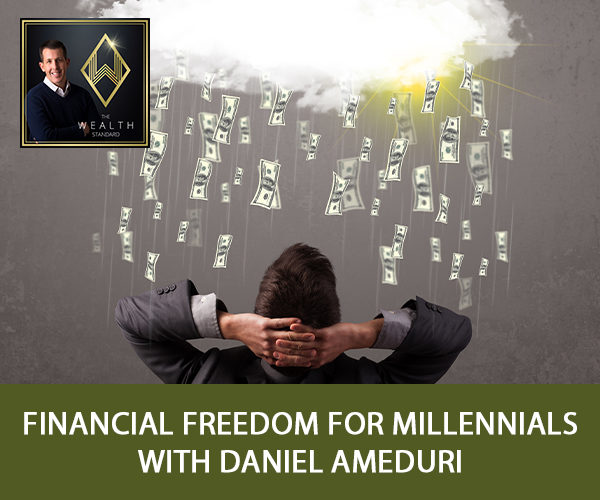
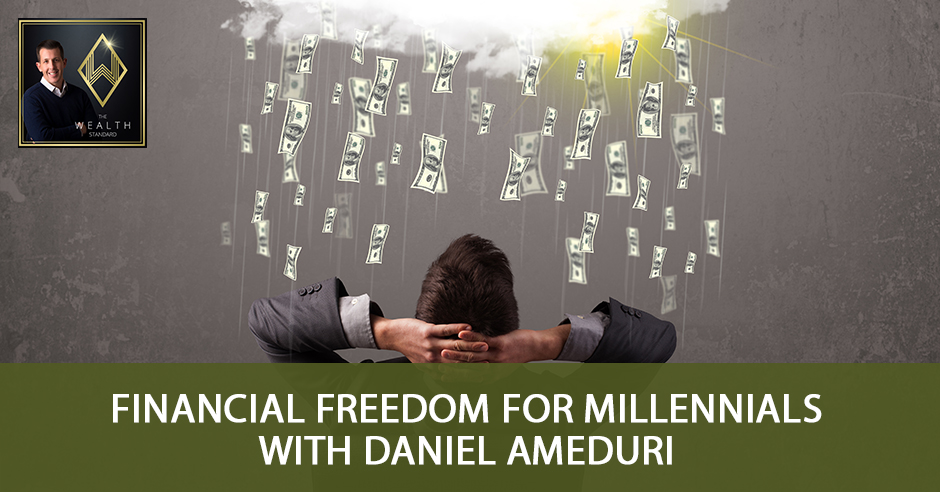
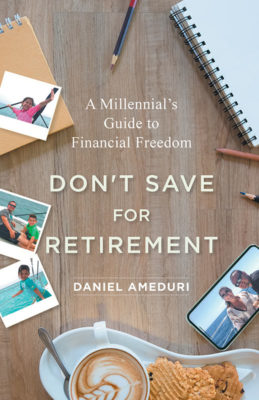


 Daniel Ameduri is a self-made multi-millionaire, a full-time skeptic of conventional thought, and a proud father of three. He is the co-founder of
Daniel Ameduri is a self-made multi-millionaire, a full-time skeptic of conventional thought, and a proud father of three. He is the co-founder of 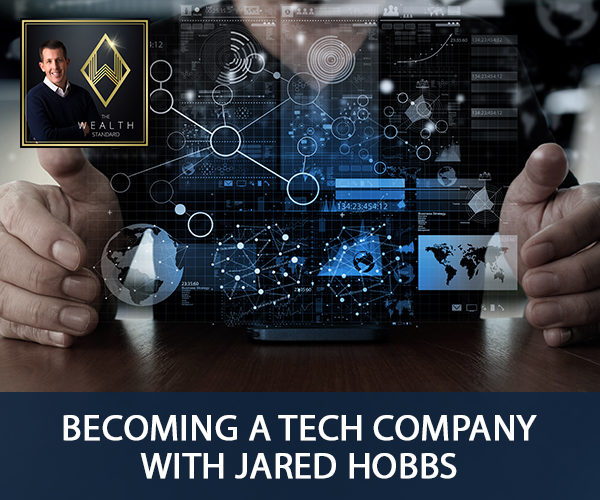
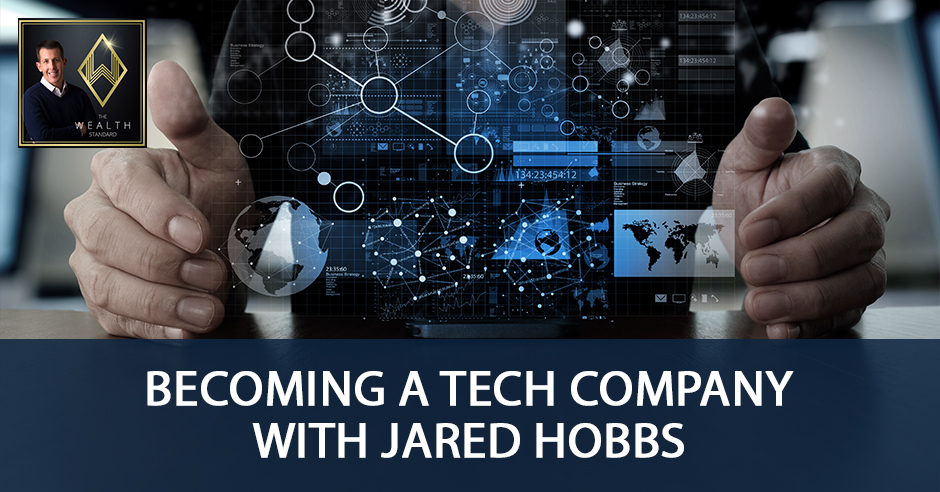



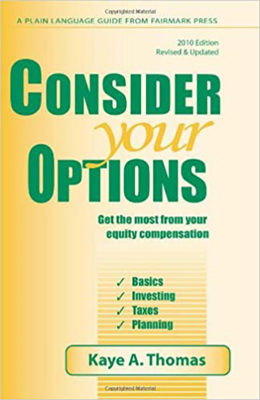
 Jared Hobbs is an experienced software engineer and entrepreneur who has started several small companies. Jared graduated cum laude from the University of Mexico in 2008 with a bachelor’s degree in Computer Science. Jared specializes in creating and developing applications for financial technologies, mass data analysis, image processing, image correlation, and other business-class applications.
Jared Hobbs is an experienced software engineer and entrepreneur who has started several small companies. Jared graduated cum laude from the University of Mexico in 2008 with a bachelor’s degree in Computer Science. Jared specializes in creating and developing applications for financial technologies, mass data analysis, image processing, image correlation, and other business-class applications.













